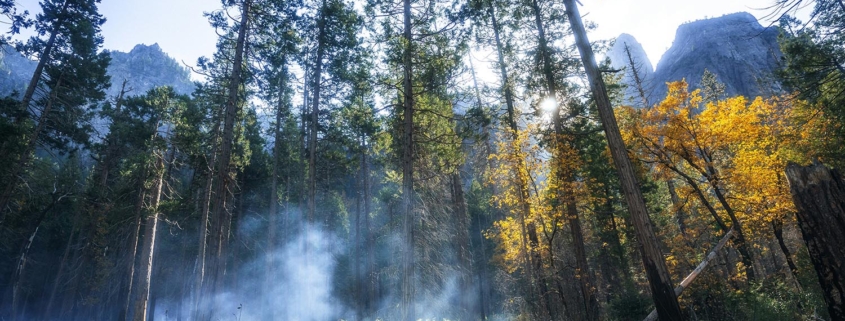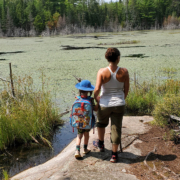Reflecting on the Future: The Importance of Generational Stewardship in Combating Climate Change
In my quieter moments, often while leafing through the latest research and reports, I ponder the gradual degradation of our natural world. Human interaction, mainly through industrial and technological advancements, has left indelible marks on the Earth, and climate change remains a critical concern. This has led me to wonder about the state of the world for the next seven generations. If we consider a generation to span 25 years, this places the seventh generation in the year 2199. But what if we viewed generational shifts as cyclical, akin to the Earth’s revolutions around the sun? This perspective implies that every year is pivotal in shaping the future of our planet.
Today, the signs of climate change, though not yet disrupting our daily lives with immediate urgency, are undeniably present. From a broader environmental perspective, the consequences of a warming planet are profound, especially for our flora and fauna. Are they adapting to these changing conditions? History shows they have adapted before, but at what cost and to what extent can they continue to do so under the accelerating pace of human activity?
Reflecting on the past year alone, the increase in severe weather events, such as thunderstorms and tornado warnings, starkly contrasts with the isolated incidents of my childhood. This trend towards more extreme weather is problematic to ignore and has heightened my sense of preparedness as we approach another unpredictable season.
Looking ahead to 2199, I often wonder whether our future generations will be equipped to handle and adapt to these challenges. How will they fare against the potential storms of change and uncertainty? The decisions we make today will shape their reality.
As I observe the world around us, it becomes increasingly clear that we need a deeper understanding of our role within our ecosystem. Our survival and the preservation of life systems depend on our ability to sustain our ecological homeland. Without nurturing our natural resources—our water, air, and biodiversity—we risk not just hardship but possible extinction.
This realization brings an acute responsibility to act, not just for ourselves but for the entire planet. It requires acknowledging that humanity is not the center of existence but a part of a larger ecological equation. Each of us has a role to play in caring for our planet, preserving the systems that support all life forms.
The path forward involves embracing ecological knowledge to become effective stewards of our environment. This stewardship must be ingrained in our collective consciousness, influencing actions and policies that not only address the immediate environmental issues but also consider the long-term impact on the Earth and its inhabitants.
By fostering this ecological awareness and responsibility through generational education, I hope that by 2199, humanity will have cultivated a profound respect for our planet. This respect must translate into actions that support sustainable living and consider the welfare of the countless generations to follow.
As we continue on this journey, let us strive to leave a legacy that the seventh generation and beyond can look back on with gratitude—one where they inherit a world not only habitable but flourishing. A world where they, too, can thrive and continue the cycle of stewardship and respect for the richness of our shared Earth.
– By Rye Karonhiowanen Barberstock
(Image Source: Casey Horner, Unsplash)

 Casey Horner, Unsplash
Casey Horner, Unsplash Tawny Stowe
Tawny Stowe Unsplash (Licensed)
Unsplash (Licensed) Markus Spiske, Unsplash
Markus Spiske, Unsplash Envato Elements (licensed)
Envato Elements (licensed) Gift Lake Métis Settlement
Gift Lake Métis Settlement

 Annie Spratt
Annie Spratt Zarif Ali, Unsplash
Zarif Ali, Unsplash